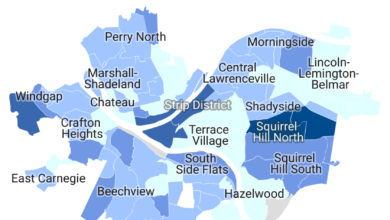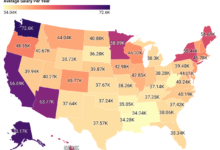According to a study, ChatGPT and other A.I. systems could potentially become portfolio managers in the future

For many years, the investment industry has relied on algorithms and quantitative trading programs as a means to increase their profits. However, with the recent advancements in AI, new opportunities have emerged that can potentially revolutionize this industry.

Recent advances in artificial intelligence (AI) have already caused significant disruptions in financial markets with programs like ChatGPT and Alphabet’s BardAI. A new study suggests that one day these AI programs may be able to independently trade in these markets.
Although the investment industry has been utilizing algorithms and quantitative trading programs to increase profits for some time, the recent breakthroughs in AI present new opportunities. While it may take many years for a future where AI manages money on its own to become a reality, a preliminary paper by two scholars in South Korea shows that ChatGPT is already a better portfolio manager than random selection.
According to the research titled “Can ChatGPT Enhance Investment Decision-making? A Portfolio Management Approach”, ChatGPT demonstrated superior performance in selecting assets from a given set when compared to random selection, as measured by risk-adjusted return and diversification metrics.
The authors of the “paper” state that the democratization of portfolio management can provide advantages for retail investors, especially for those who may lack education or information. They also suggest that professional portfolio managers can enhance their efficiency by utilizing ChatGPT to help them select a variety of assets for a portfolio, enabling them to concentrate on more critical tasks.
Research Results
A recent experiment, which has not undergone peer review, involved creating a universe of assets consisting of 20 large-cap stocks from various sectors in the US market, as well as five assets from each of the categories of cryptocurrencies, commodities, currencies, and bonds. The experimenters then conducted 10,000 simulations in which they asked ChatGPT to select a combination of assets from the available options to form a portfolio.
According to a backtest, ChatGPT’s portfolio selections generated a more diverse portfolio with less correlated assets compared to random selection. Furthermore, during the period of Jan. 1, 2022 to Jan. 31, 2023, ChatGPT’s portfolios delivered higher returns on a risk-adjusted basis than the random selection portfolios. For instance, in a four-asset portfolio, the ChatGPT portfolio had an average anticipated return of -13.3%, outperforming the random selection’s return of -23.3%.
The ChatGPT portfolio also had a superior Sharpe ratio, which is a measure of risk-adjusted returns.
Source of information ; https://papers.ssrn.com/sol3/papers.cfm?abstract_id=4390529







